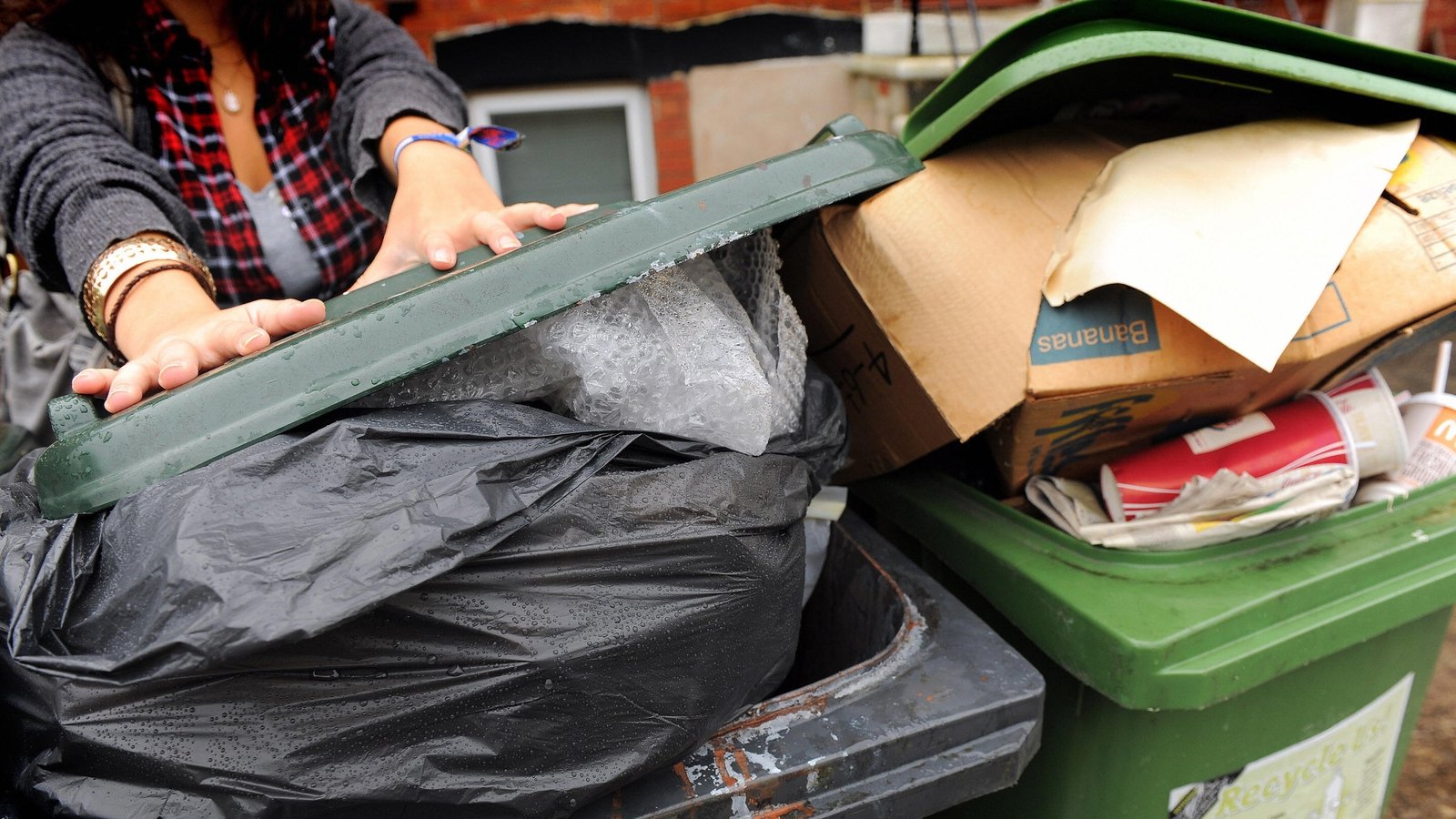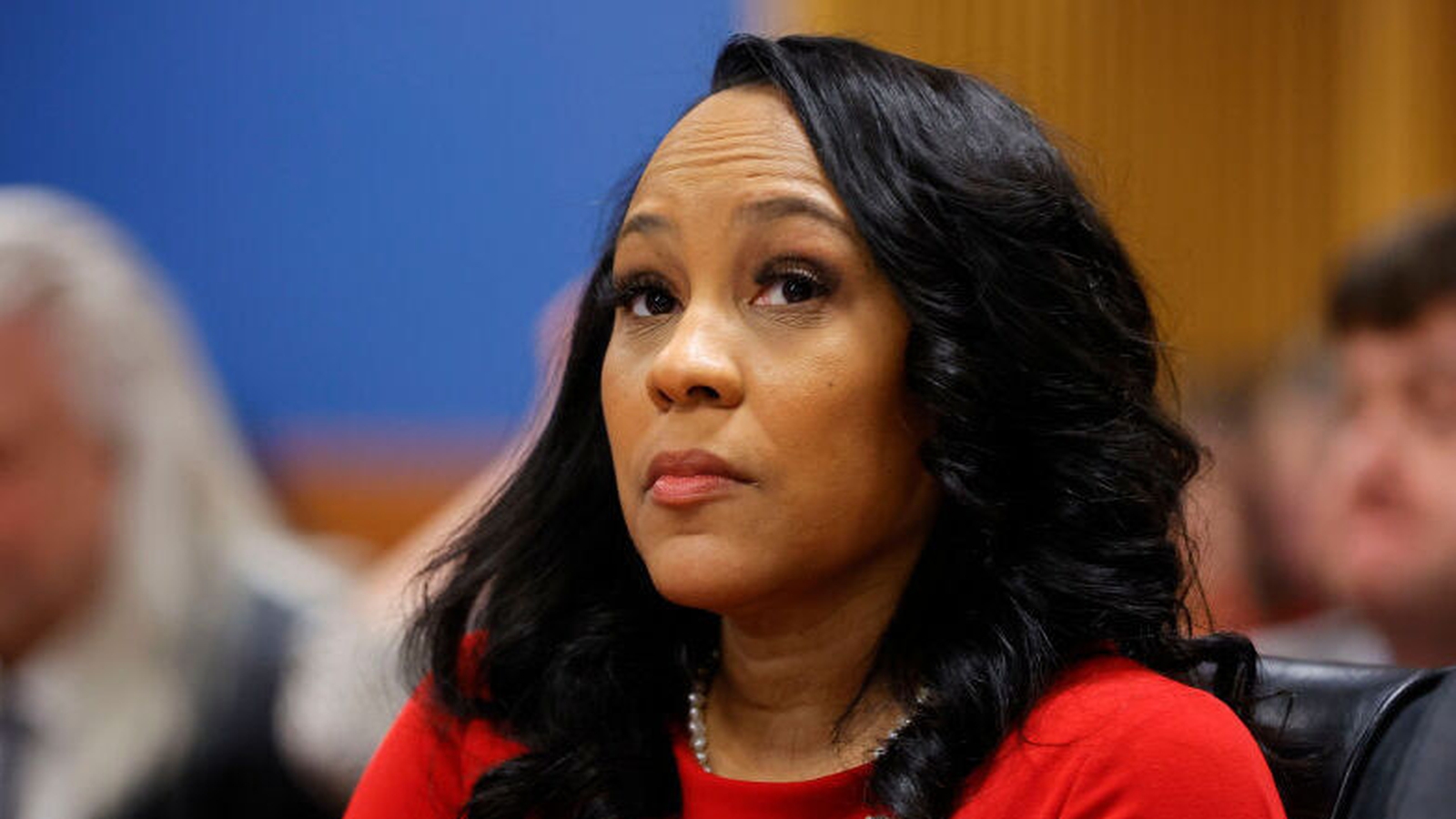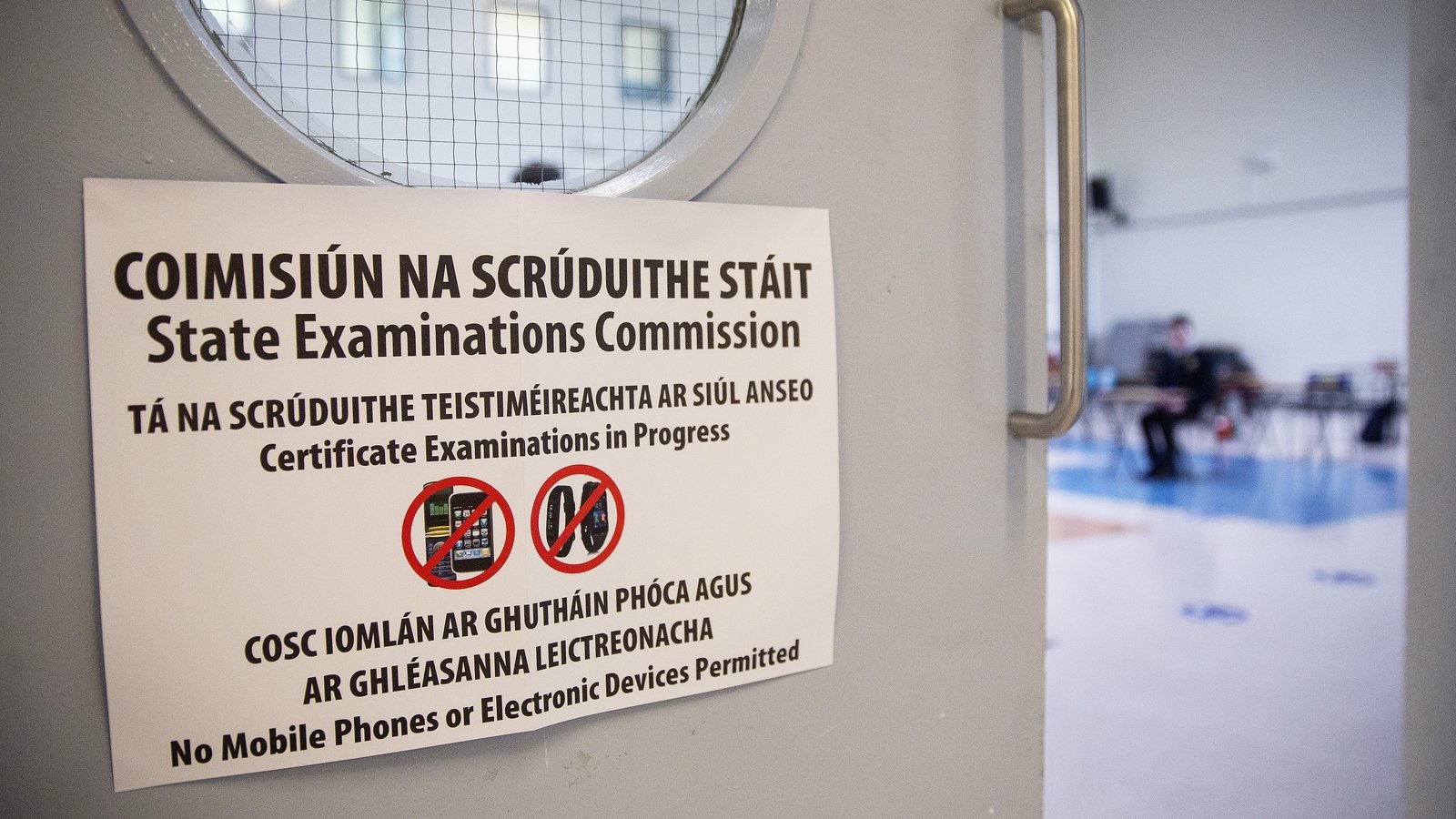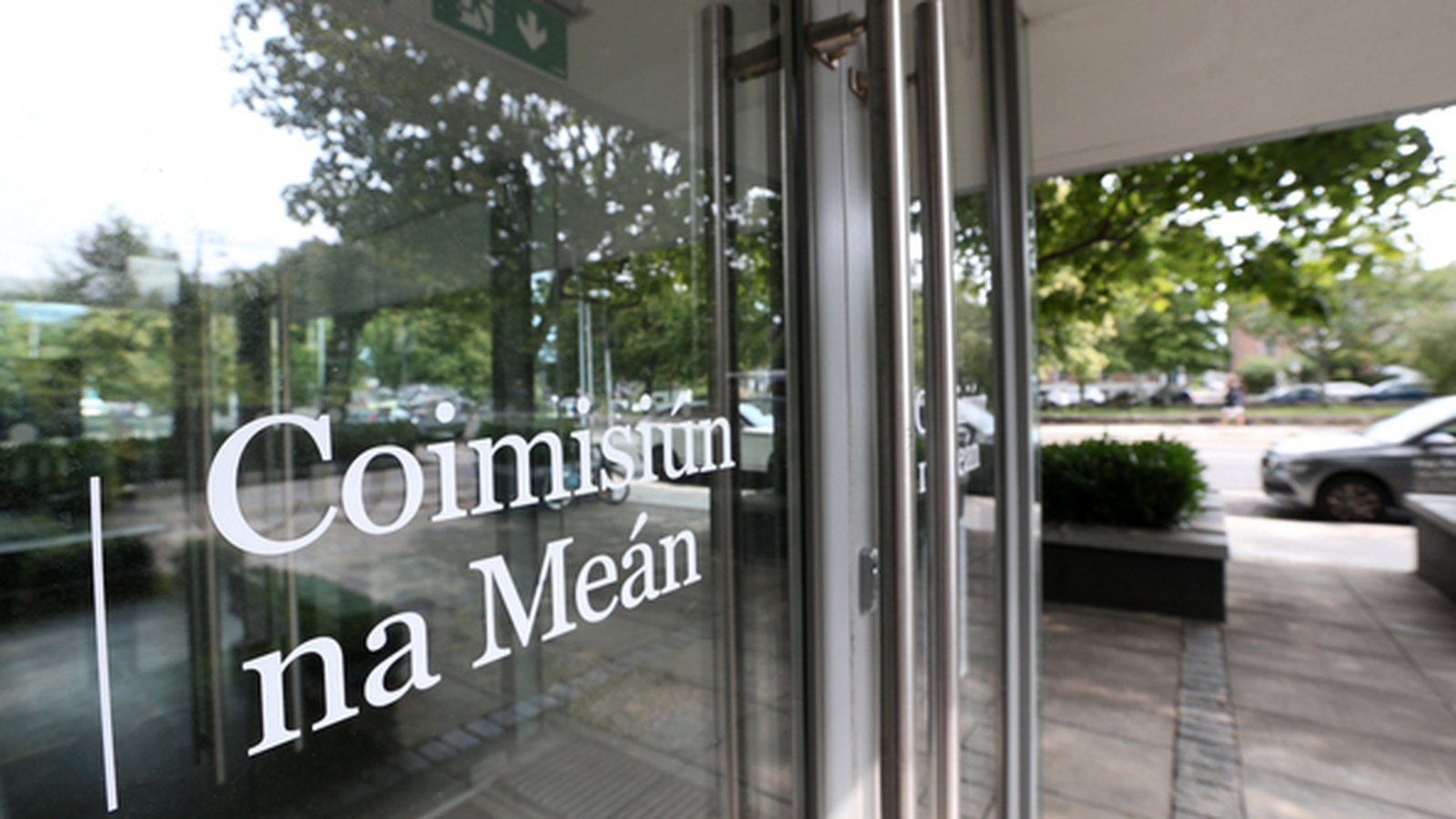Five other things the State papers reveal
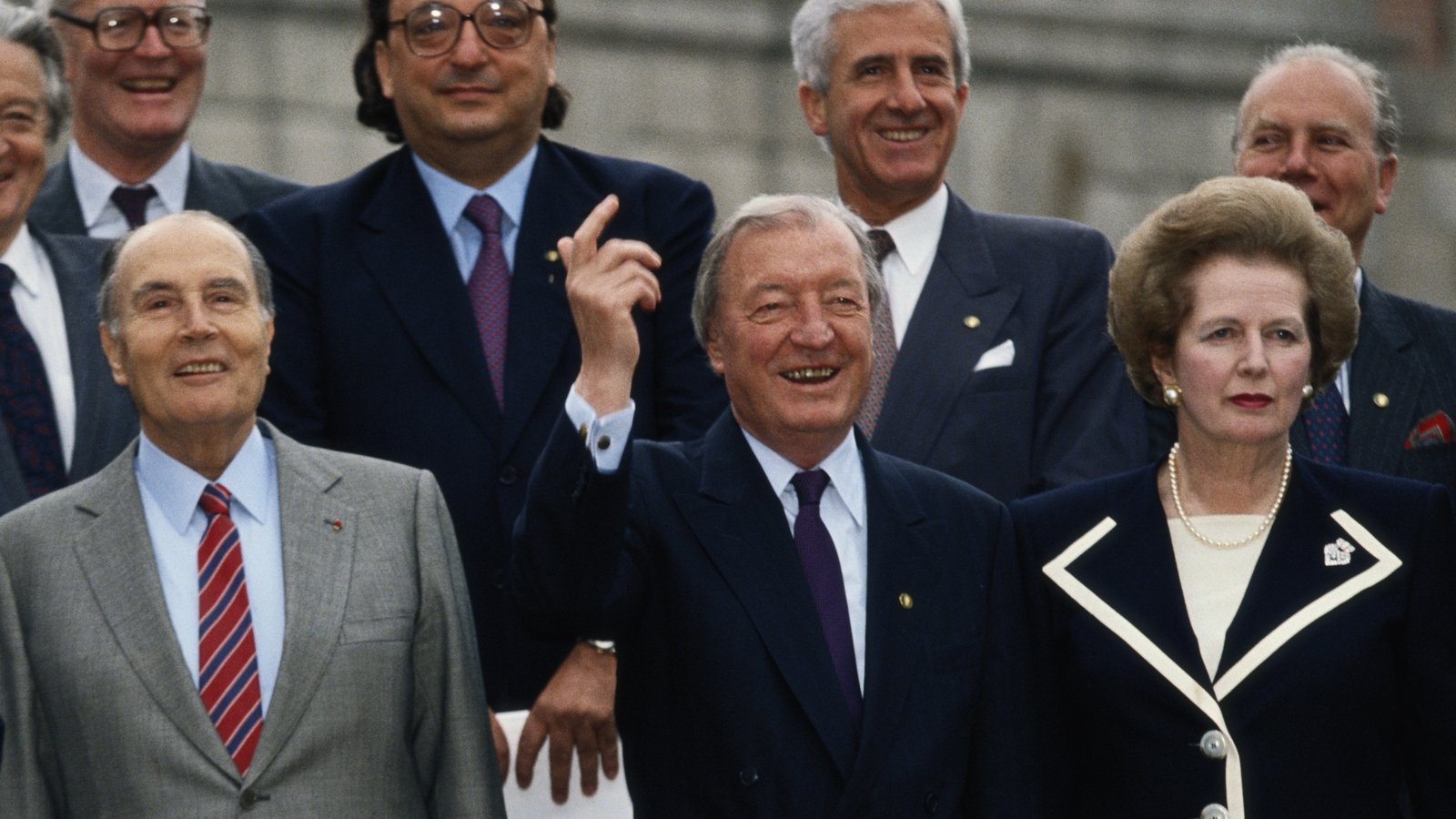
Every year, the release of State Papers around Christmas time draws a flurry of interest as stories that many may have forgotten resurface.
Some of the main stories to re-emerge have been covered elsewhere, but here are five other things we learned from this year’s archive release:
‘Barbara Love Dolls’
The Revenue Commissioners, the Department of Justice and the Attorney General’s Office all got worked up over imports of so-called “sex aids” in 1992 – but found there was nothing they could do to stop them. That August, the Revenue Commissioners raided a sex shop in Bray and seized pornographic magazines and videos, and what were described as “articles (vibrators etc)”. The magazines and videos could be confiscated as they were banned, but there was no law against the “sex articles”, which had to be returned to the owner. The following month, Revenue sought advice from the Department of Justice after discovering that the company involved was importing more “articles”, including a dozen “Barbara Love Dolls”, two dozen “Sex Bikinis”, two dozen “Girl Joy Vibe Kits”, and a half dozen “Big Mr Kelly Dolls”. Justice referred the matter to the Attorney General’s Office, which concluded that in the absence of legislation banning the manufacture and sale of “such goods”, any attempt to stop their importation would be illegal under European law. [2023/5/258]
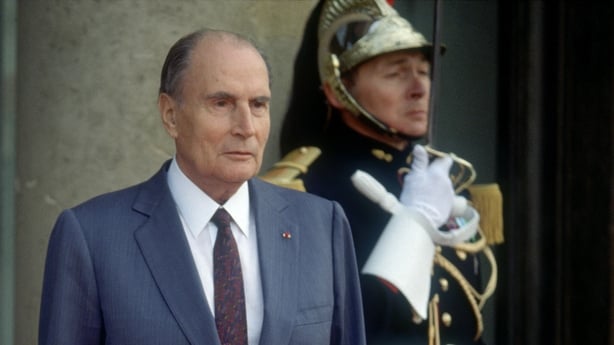
Gallic standards leave Haughey red-faced
Taoiseach Charles Haughey was a big fan of French president Francois Mitterrand and was very anxious to ensure that his visit to Ireland in February 1988 went without a hitch. So it came as a considerable embarrassment to discover that Irish facilities couldn’t live up to French standards. For starters, there was no armoured limousine to transport the president by road. Then it transpired that the Air Corps didn’t have the large helicopters required to transport Mitterrand and his party (the Irish offered to rent some helicopters, but the French said they’d supply their own). Finally, a visit to Newgrange couldn’t take place too late in the day, because Mitterrand was heading to UCD, and only Dublin Airport was equipped for a landing at night. The Irish side rather lamely suggested the party could drive instead of fly. Not quite what the president was used to – or what the taoiseach was expecting. [2023/47/3100]
Quickie divorces stymied
Newly released files from the Irish Consulate in New York reveal a novel reason for Irish tourism to the city – the hope for a divorce. Several women wrote to the consulate in the early 1980s asking if it was possible to obtain a divorce in New York, or a nearby state, during a brief stay and without having to establish residency. The consulate wrote back on each occasion saying it was not in a position to provide legal advice. But officials got more active when a query was passed on by a junior minister. A constituent had got in touch, worried that his wife “has gone to United States perhaps to seek a divorce without his knowledge”. After consulting legal experts, the consulate was able to advise that it was not possible to get a divorce without proof of efforts to get in touch with the other party to the proceedings. [2022/42/12]
A dazzled diplomat
Mo Mowlam had a secret weapon in her role as northern secretary – a private jet owned by singer Chris de Burgh. A somewhat dazzled Irish diplomat got a lift on the plane in May 1998, and reported breathlessly back to Dublin that “the plane is a six-seater jet owned by the singer Chris de Burgh and leased by him to a private company that in turn leases it to the Northern Ireland Office”. Presumably the Northern Ireland Office decided in this case that it should pay the ferryman… [2022/45/423]
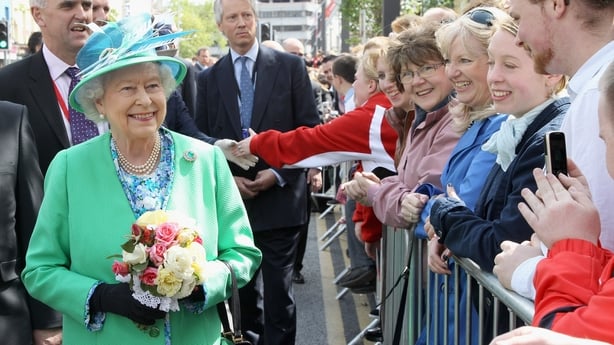
‘Céad míle’ on the méar fada
The visit by Britain’s Queen Elizabeth to the Republic in 2011 was seen as a watershed in Anglo-Irish relations. Newly released records show that London had been keen on such a visit for over a decade before it happened, but that Dublin was much more cautious. A royal visit was suggested by the British Ambassador to Dublin as early as July 1998, shortly after the Good Friday Agreement and the ensuing referendums. At a later stage taoiseach Bertie Ahern told prime minister Tony Blair that such a visit could not happen before the next general election (which was held in 2002). Asked about a possible visit in November 2001, the Irish Ambassador to London, Daithí Ó Ceallaigh, replied that “we would wish to ensure that the Queen gets the best possible welcome and that we thought it would be best if the institutions in the North were bedded down and a bit more stable than at present to ensure that welcome”. [2022/45/435 and 2022/48/758]
By David McCullagh and Shane McElhatton


